Heat is on in the clash of energy and environment
While nations rush back to fossil fuels and a frenzy of ‘weather porn’ is presented as the new normal, the intensity of hyperbole both on climate and nature stands in inverse proportion to the potency of action.
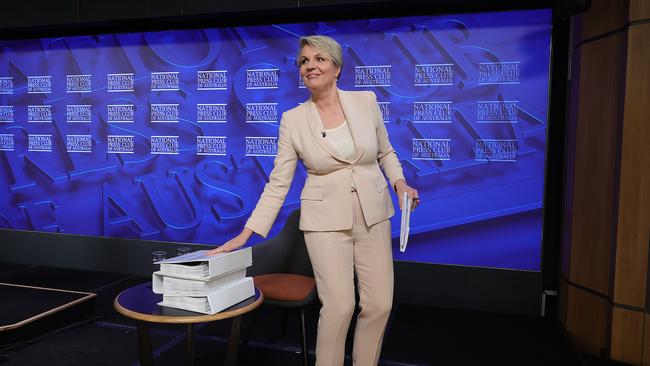
A rush back to coal is being encouraged in Europe. But, on cue, soaring temperatures across parts of North America and Britain have fuelled a frenzy of “weather porn” in which temperature extremes are presented as the new normal in a warming world.
Extreme weather is a key feature of Australia’s five-yearly State of the Environment report that was released this week by Environment Minister Tanya Plibersek to shame the Coalition and add urgency to debate. The report recommends a return to the earthy wisdom of Indigenous Australians.
Across the board, the intensity of hyperbole both on climate and nature stands in inverse proportion to the potency of action. Sweeping promises made by US President Joe Biden for green spending programs and cuts to fossil fuel use have been dashed by political reality.
The US Supreme Court has blocked attempts by the Environmental Protection Agency to proactively curb fossil fuel emissions. Having demonised the shale industry that briefly delivered energy independence to the US, Biden has been in Saudi Arabia asking the kingdom to produce more oil to ease the fuel price pressure at the pump for voters back home.
Rather than the hundreds of billions of dollars sought from congress for spending on green initiatives, Biden has been left with angry words and token executive orders that deliver fresh subsidies to offshore wind. With inflation rising, attention is now firmly focused on the rising cost of living.
Europe has been told by the International Energy Agency to quickly burn more coal to preserve supplies of gas. Rising prices, exacerbated by Russia’s war in Ukraine, are stirring political unrest, notably in The Netherlands, which leaders warn could worsen if fuel supplies remain constrained.
In Britain, the two candidates vying to replace Boris Johnson as prime minister, Rishi Sunak and former foreign minister Liz Truss, have been criticised by activists for having weak records on climate change action. But only 4 per cent of Conservative Party members surveyed in a poll said that hitting the target of net-zero emissions by 2050 should be one of the top three priorities for the next Tory leader.
Meanwhile China, the world’s biggest emissions nation, is continuing to double down on coal. In a speech last month, Chinese Vice-Premier Han Zheng stressed the need to promote the “clean and efficient use of coal”, adding coal should be a “ballast stone” in stabilising the macro-economy and consumer prices and ensuring people’s wellbeing.
China’s biggest coal-producing province, Shanxi, intends to increase its output by 107 million tonnes this year to 1.3 billion tonnes of coal. In 2023, coal production from the region will increase further to 1.35 billion tonnes. Shanxi accounts for about one-quarter of China’s total coal production. But China also imports about 320 million tonnes of coal, increasingly from Indonesia.
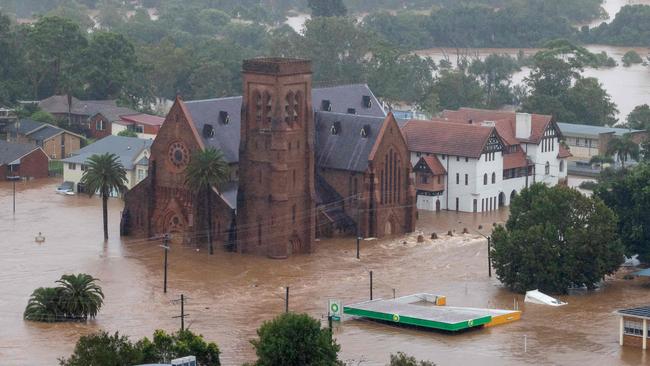
The conundrum for leaders is that success in delivering climate change policies has become a defining measure for environmental performance. As Brendan O’Neill observed in The Spectator in Britain, the “unhinged eco-dread over the heatwave (in Britain) exposes how millenarian environmentalism has become”. Millennialism is the belief that the end of this world is at hand and that in its wake will appear a New World, inexhaustibly fertile, harmonious, sanctified and just.
The answer for some is a return to the wisdom of Indigenous communities, who have a deeper understanding of the ways of nature. Australia’s State of the Environment report says Indigenous knowledge and sustainable cultural practice are key to environmental management. It says: “Indigenous peoples’ stewardship of Country is a deep connection, passed down through the generations and developed over tens of thousands of years.
“It involves songlines, totems, cultural principles, knowledge of the animals and plants, and land and sea management practices.
“Indigenous knowledge of Country and management practices provide a valuable approach for caring for the environment for all Australians.
“As Indigenous peoples’ lands and seas are returned to their care, so are cultural management practices. This has had good results. Indigenous Australians are the first scientists, technologists, engineers and mathematicians (STEM), and many respectful and reciprocal collaborations with other scientists are shaping a pathway for our nation’s future.”
This has led the Australian Environment Foundation to condemn the report as “unprofessional claptrap”. AEF chairman Tom Bostock says the report is loaded with assumptions and lacking in scientific rigour. “The material in the report is symptomatic of an extreme green-left, anti-wealth producing ideology that pervades environmental agencies throughout Australia. Among the disturbing impacts of this is the spreading of alarmism to susceptible Australian minds,” he says.
The challenge for politicians is to direct the groundswell of support for action on climate to the practical issues of better land management. This includes harnessing the willingness of companies to invest both in nature and Indigenous welfare to demonstrate their good corporate intentions.
Overall, the State of the Environment report finds that all aspects of the Australian environment are under pressure, and many are declining.
“Although there have been numerous environmental initiatives at both national and state and territory levels, there is insufficient overall investment and lack of co-ordination to be able to adequately address the growing impacts from climate change, land clearing, invasive species, pollution and urban expansion,” the report says.
Report co-lead author Kristen Williams, from the CSIRO, says intense competition for land resources has resulted in continued declines in the amount and condition of our land-based natural capital. Many parts of Australia are highly degraded and native vegetation has been extensively cleared.
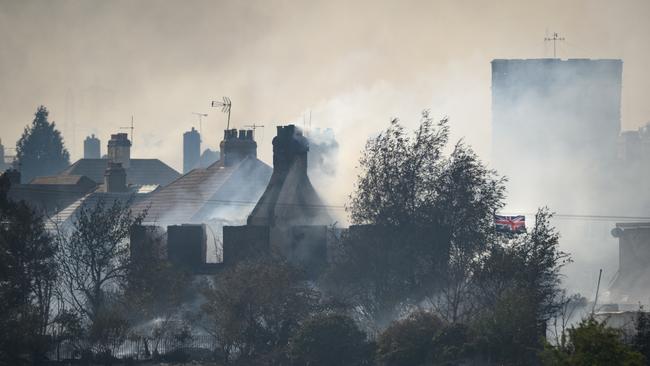
“The widespread reduction in the capacity of native vegetation to support Australia’s unique biodiversity is exacerbated by declining habitat quality, climate change and the prevalence of invasive species. It can take many decades for ecosystems to fully recover,” she says.
Helen Murphy, also from the CSIRO, says the pressures facing Australian biodiversity have not improved since the 2016 State of the Environment report, and outcomes for species and ecosystems are generally poor.
“Our inability to adequately manage pressures will continue to result in species extinctions and deteriorating ecosystem conditions unless current management approaches and investments are substantially improved,” Murphy says.
Environment groups mostly have welcomed the findings of the report, which they say is a damning indictment of the Morrison government. But former Greens leader Bob Brown has provided a blistering critique that damns all sides.
“This is not a failure of the last decade of government. It is a failure of the last century of government,” Brown says, highlighting the Keating government’s cave-in to a logging truck blockade in 1995, John Howard’s Regional Forest Agreements, and the failure of governments to give Aboriginal people a veto over mining and other destructive incursions on their land.
While climate change is claimed as a central part of the nation’s environmental problems, the answer will not be found in whatever targets the Albanese government is able to get through parliament.
Greenpeace is calling for “urgent and decisive emissions reduction, an end to new fossil fuel extraction, and rapid acceleration of the shift to cleaner, cheaper renewable energy”.
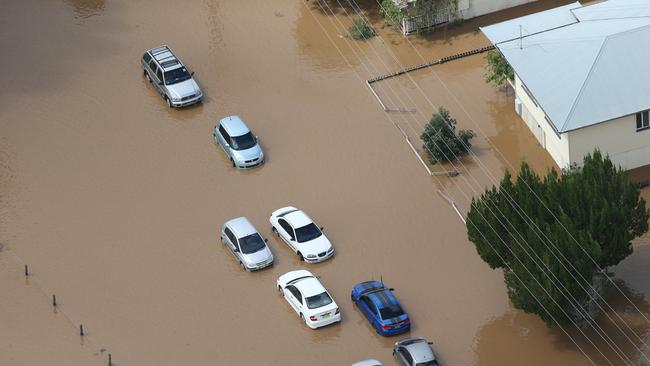
The WWF has set a blueprint that calls for strengthened nature laws with strong national standards overseen by an independent and well-resourced national Environmental Protection Agency. The blueprint mirrors a prescription presented to government by former competition tsar Graeme Samuel in his review of the Environment Protection and Biodiversity Act.
Plibersek has said she will respond to Samuel’s recommendations this year. The government will then aim to develop new environmental legislation next year.
In the meantime, Plibersek says there will be an immediate start on improving environmental data and regional planning – establishing a shared view around what needs to be protected or restored, and areas where development can occur with minimal consequence.
Ultimately, the issues are economic as much as environmental and can be achieved only with broad agreement across all levels of government and business. Plibersek says ambition is important “but it’s not much good without achievement”.
This is the lesson that applies both to climate policy and caring for the natural world.



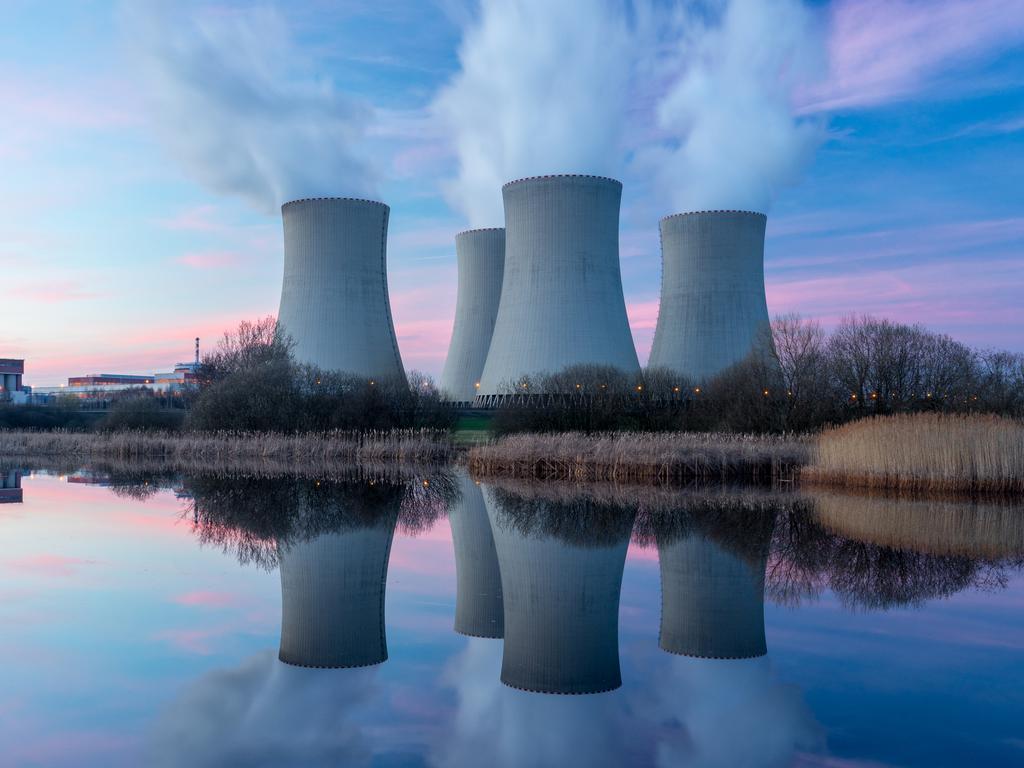




As the Albanese government prepares to face its first test in parliament to lift the nation’s ambition on climate change, global action is fracturing in the face of soaring costs. The politics of energy and climate are being pulled in opposite directions.